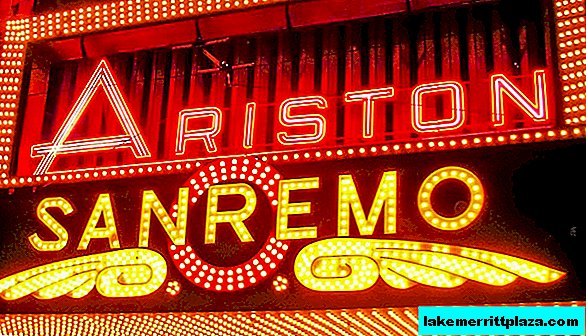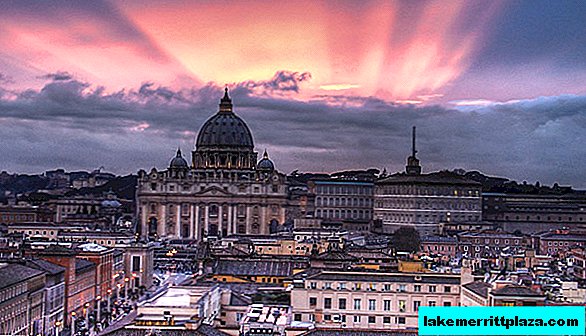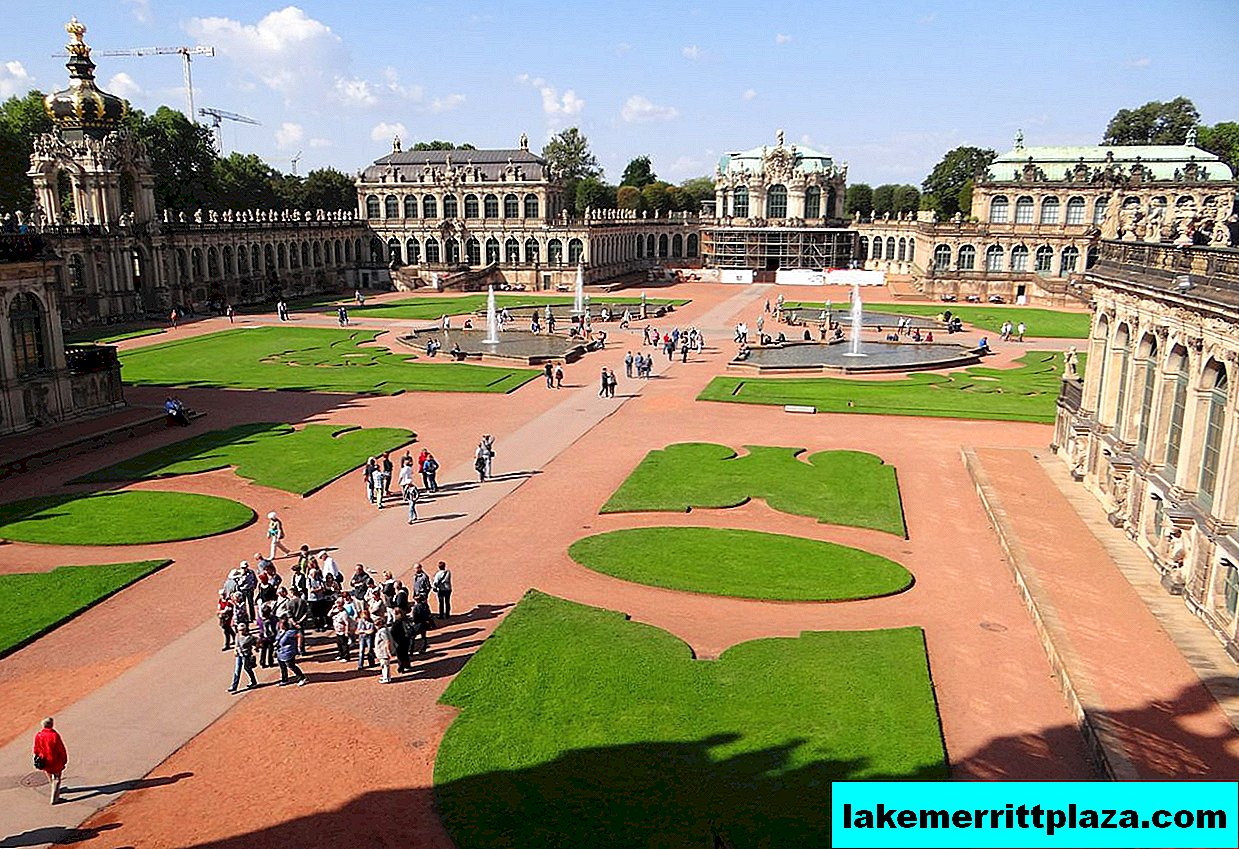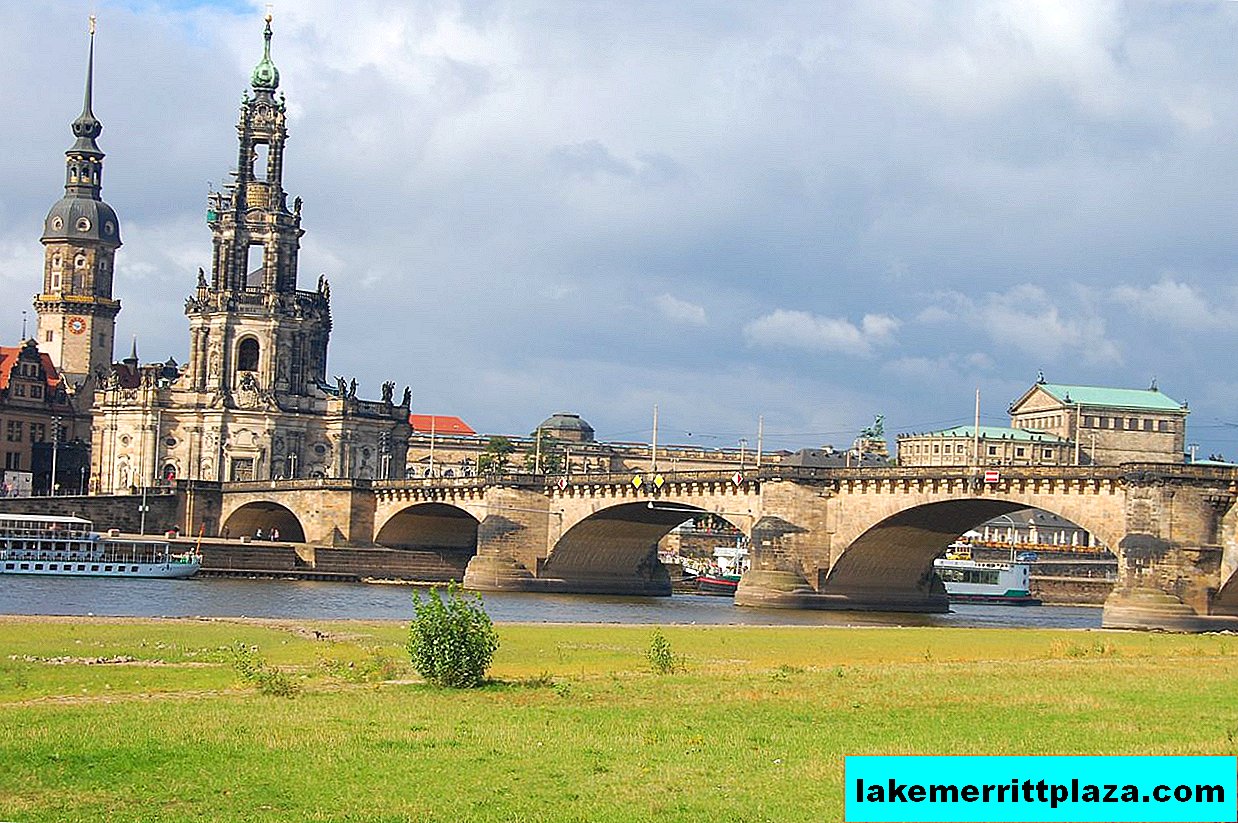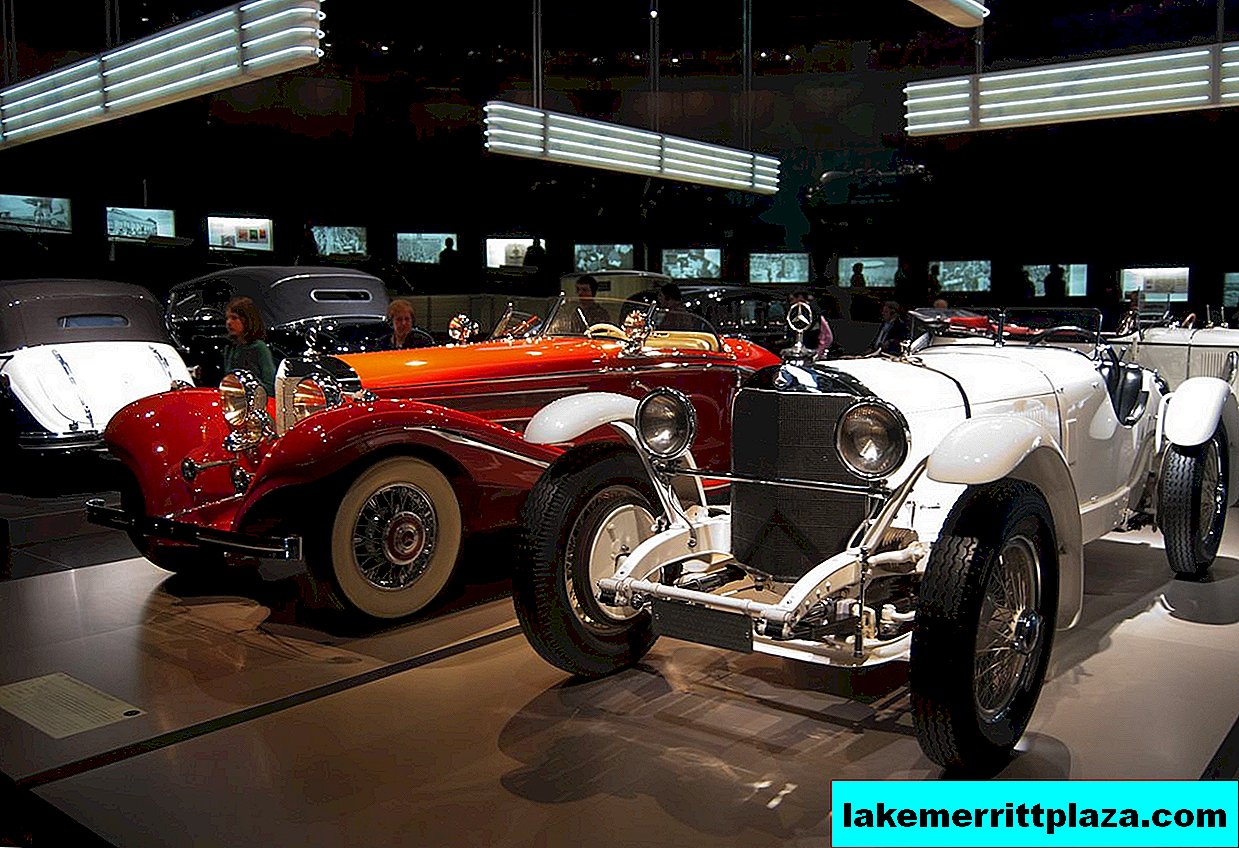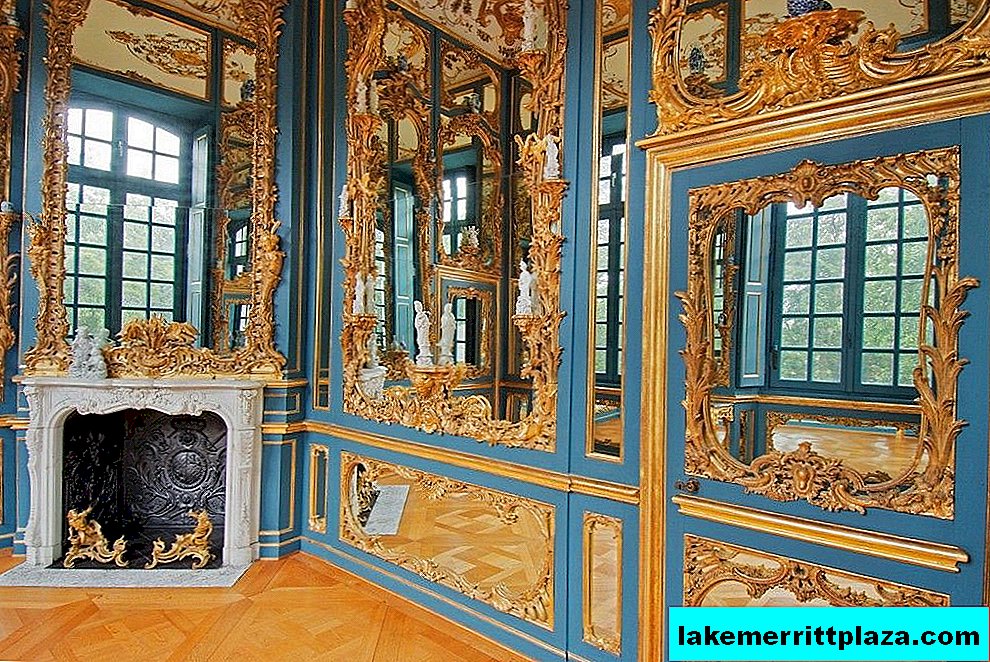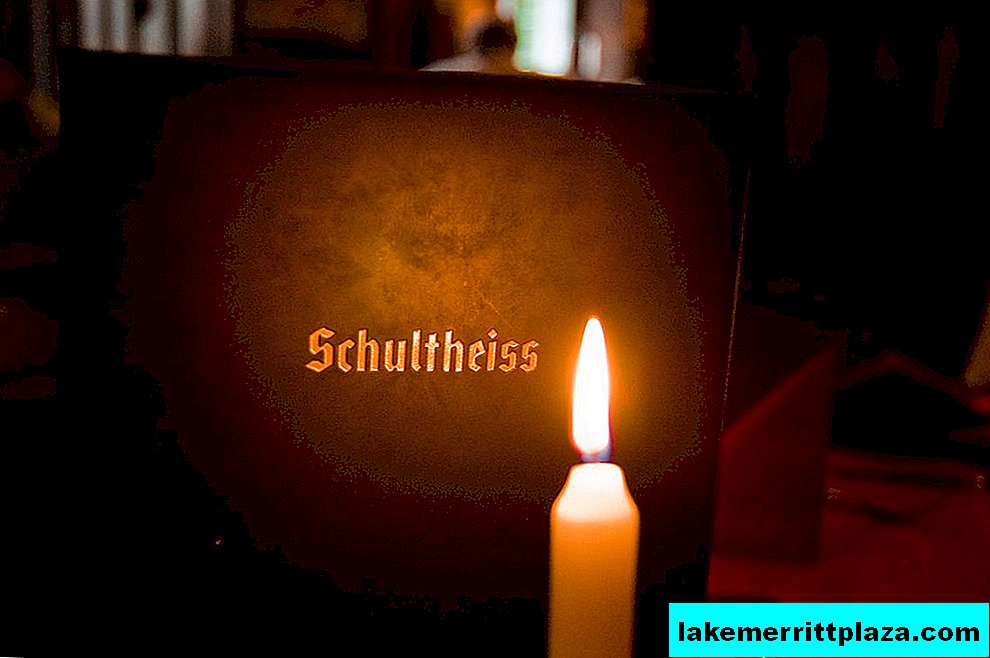The president of the Slow Food movement (apt. "Slow Food") spoke on November 27 at the International Forum on Food Products and Nutrition Principles (Forum Internazionale su Alimentazione e Nutrizione) The key idea of his speech was the statement: the townspeople should cease to be consumers, but become co-producers.
"Whatever the mess in our country, private companies should develop special programs of action against hunger and waste."  This is what Carlo Petrini, president of Slow Food, said, referring to the Protocol of Milan (Protocollo di Milano), presented by the Barilla Center for Food and Nutrition at the Fifth International Forum on Food and Nutrition. During his presentation entitled “The Year of Eating and Eating Properly”, Petrini described some of the main ideas of this project.
This is what Carlo Petrini, president of Slow Food, said, referring to the Protocol of Milan (Protocollo di Milano), presented by the Barilla Center for Food and Nutrition at the Fifth International Forum on Food and Nutrition. During his presentation entitled “The Year of Eating and Eating Properly”, Petrini described some of the main ideas of this project.
The Milan Protocol is an agreement on principles of nutrition at the global level, which is proposed to be signed by all countries during the Expo 2015 exhibition in Milan. It sets three most important tasks: reducing by 2020 the amount of wasted food by 50%; implementation of agrarian reform and the fight against financial speculation by restricting the use of bio-fuels; fight against obesity. “The Kyoto Protocol had no consequences. This indicates that the international government is not in a position to manage change,” Petrini commented.
According to the founder of Slow Food, trying to push changes “from above” does not make sense: “A single protocol cannot be enough. The only creators of changes in the food system are the broad layers of the planet’s inhabitants who will use new behaviors and nutrition patterns daily, thereby actively implementing an idea in life. As Albert Camus said, everyone has the opportunity to make changes that are unbelievable only if he does not start with himself. "

Petrini has been criticized by the global food system, based on malnutrition and the environment. And if you look even further, then in his opinion, the economic model that supports such a food system also needs reform. "The free trade law is a disaster. Mexico, the birthplace of maize, imports genetically modified corn from the United States because it is cheaper. And Mexican peasants are starving," explained the president of Slow Food. The need to constantly increase food production also raises doubts: “We don’t need to produce more food, because the problem is its accessibility and poverty. Food production this year increased by 7%, but the number of deaths from starvation did not decrease. But it increased the number of obese people. "

But the biggest fault of the modern food market is the destruction of small local households. "Pier Paolo Pasolini (Italian film director, poet and prose writer) said that on the day when peasants and artisans disappear in Italy, her story will disappear. The existing system destroys small family-owned agricultural enterprises. We have been leaving peaches to rot in trees for two years now because collecting them is more expensive than leaving them. "

Therefore, it is necessary first of all to change the model of behavior itself, especially at the cultural level: “Food cannot be a commodity. Food is our life, our essence. It is sacred, and we should not lower it to an elementary commodity. Citizens should again become peasants and stop wasting food, but start cultivating our allotments of land, and not buy products of foreign origin. We should stop being passive consumers, but become co-producers, fully aware of what is coming to our table, "- conclude Petrini.

